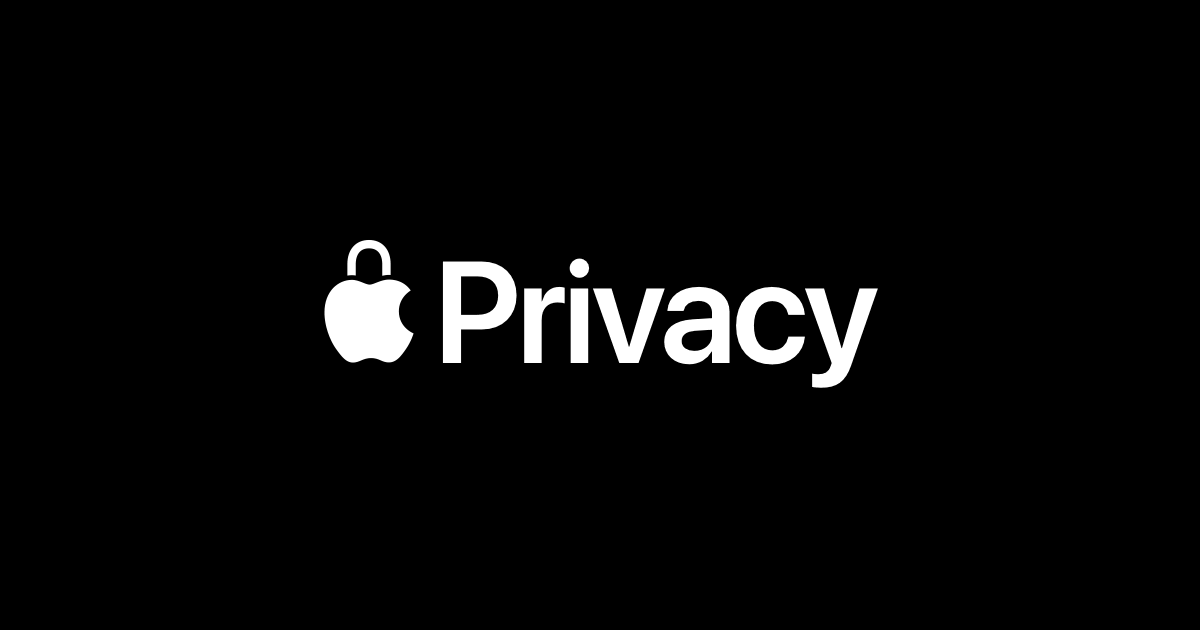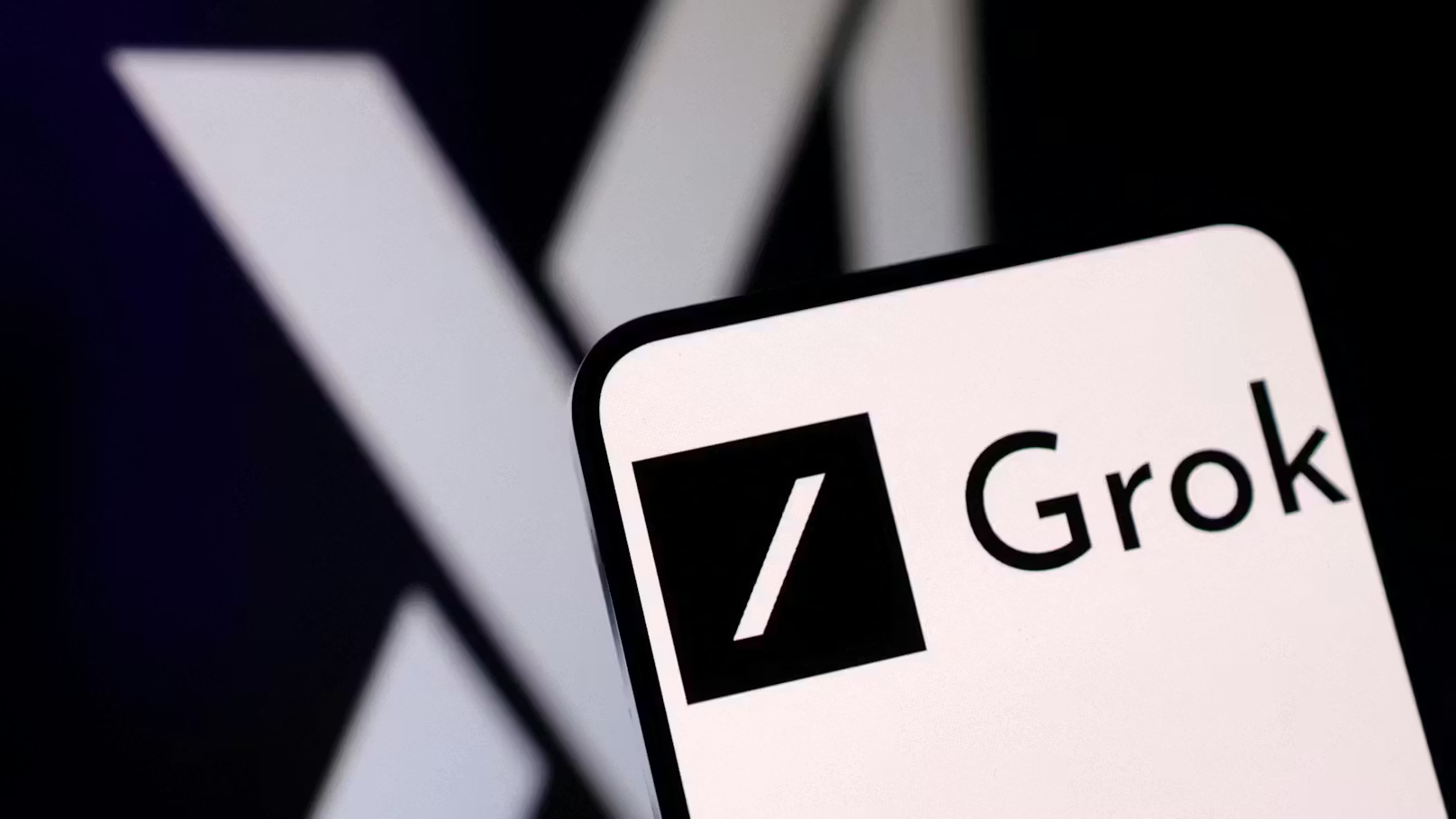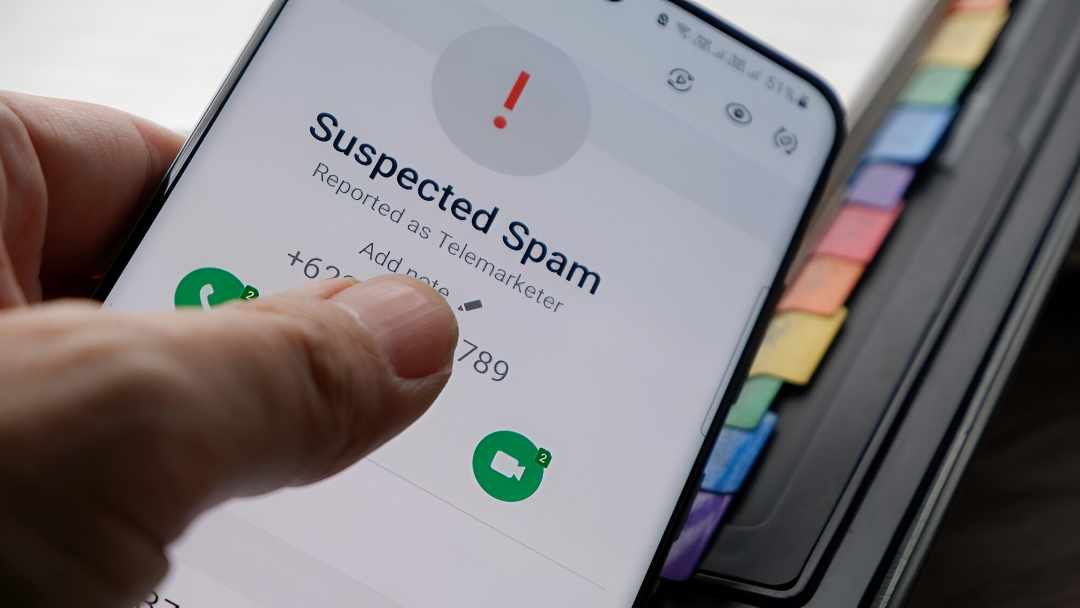Perfect timing doesn’t exist in tech—except when Apple needs to remind everyone why their walled garden matters. Days before WWDC 2025, Apple conveniently dropped fraud prevention stats that would make a bank jealous: $2 billion in blocked fraudulent transactions last year alone. This announcement lands as the EU’s Digital Markets Act forces Apple to allow alternative payment methods while Epic Games continues pushing platform openness. Suddenly, those impressive security numbers feel less like a celebration and more like strategic positioning.
The numbers tell a compelling story. Apple terminated over 146,000 developer accounts for fraud attempts while rejecting 711 million customer account creations that screamed “sketchy.” They even blocked 4.6 million attempts to install apps outside the App Store in just the past month.
These figures arrive as gaming and social medial platforms like Facebook, Roblox, and Snapchat were caught in a massive 184 million account leak.
But here’s where it gets interesting—this announcement lands as Apple faces mounting pressure to open alternative payment methods. The message is crystal clear: step outside our secure ecosystem, and you’re swimming with sharks.
For indie developers, Apple’s fraud protection feels like an expensive bodyguard service—you appreciate it until you see the bill. Your indie game studio probably can’t afford the same anti-fraud infrastructure that blocked nearly 4.7 million stolen credit cards last year. Managing fraud becomes their problem the moment they consider alternative payment systems.
The cynical take? Apple’s security theater masks revenue protection. The optimistic view? They’re genuinely preventing billions in consumer losses while smaller platforms struggle with basic fraud detection.
Either way, the timing speaks volumes. As regulators push for platform openness, Apple is betting that fraud fears will keep developers loyal. For consumers, this translates to continued App Store safety, but at the cost of choice and potentially higher prices through Apple’s commission structure.
Your downloads remain protected, but the real question isn’t whether Apple stops fraud. With 89 million Steam accounts allegedly hacked in recent breaches, it’s whether that protection justifies limiting your options to shop elsewhere. Apple’s fraud numbers are impressive, but so was their marketing budget for this announcement.




























